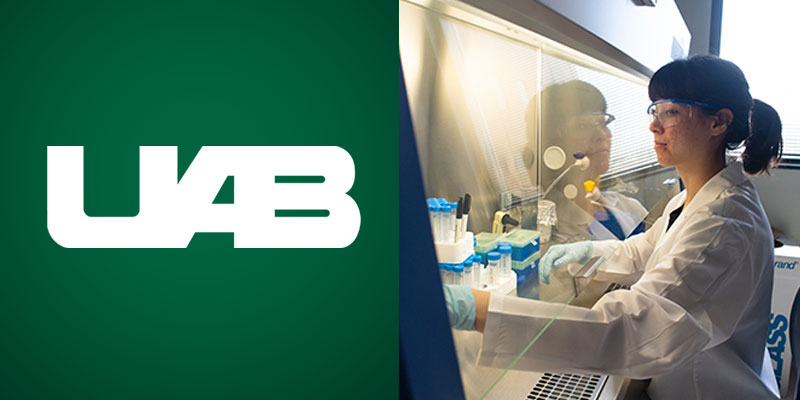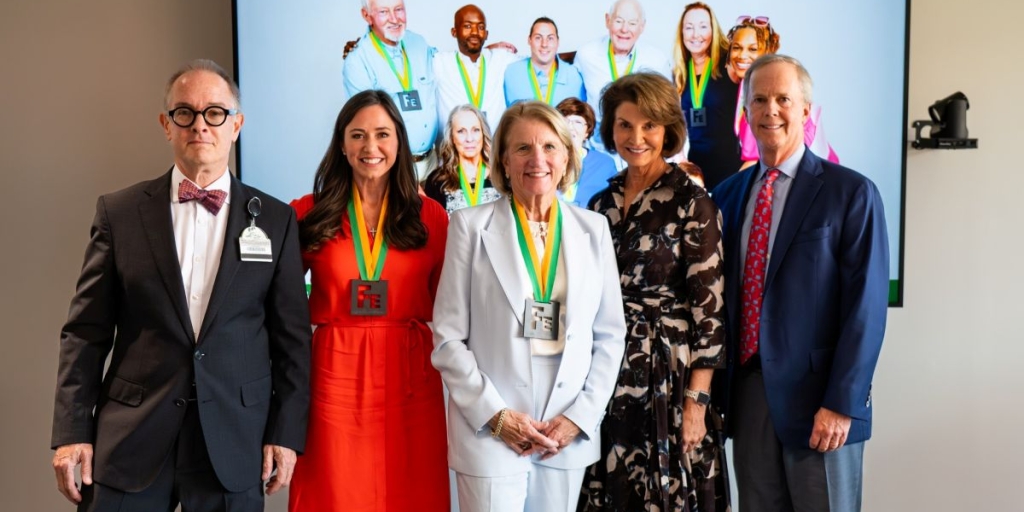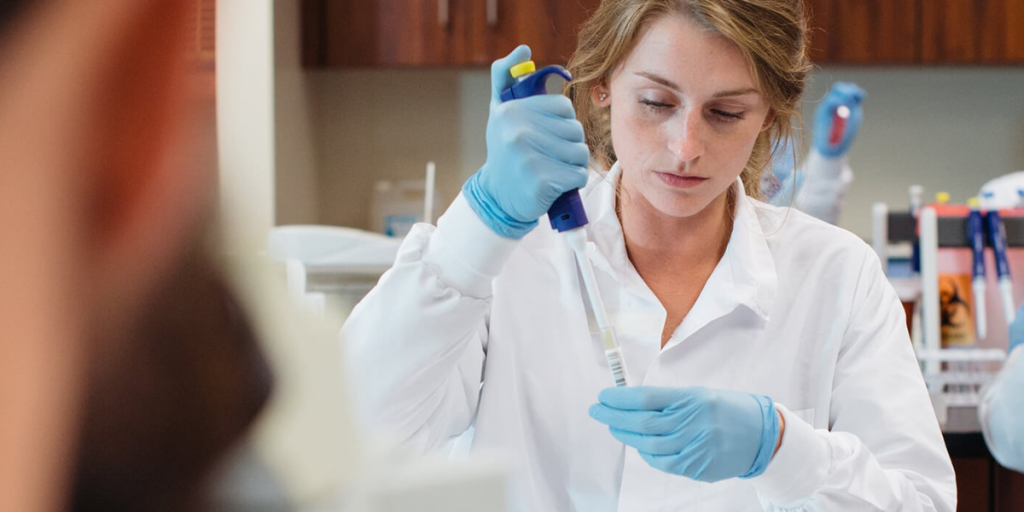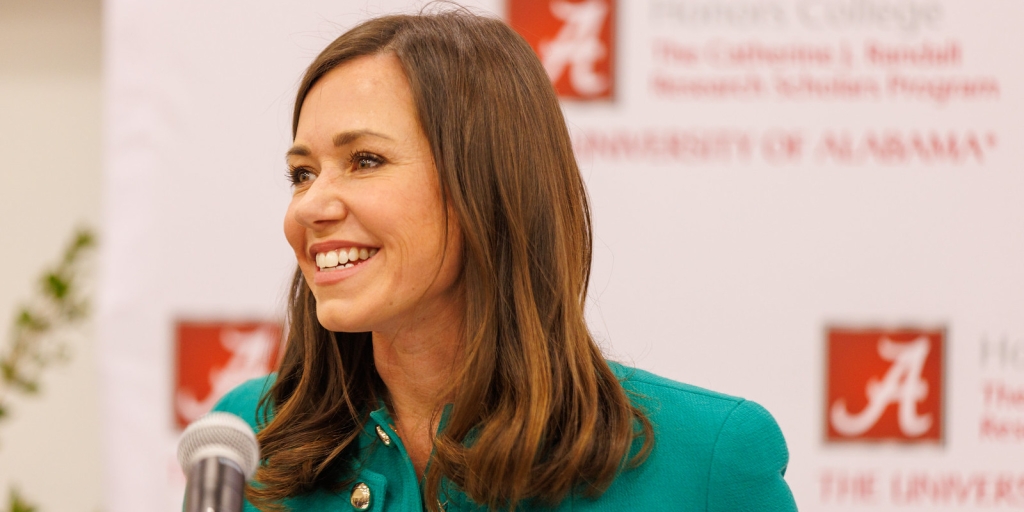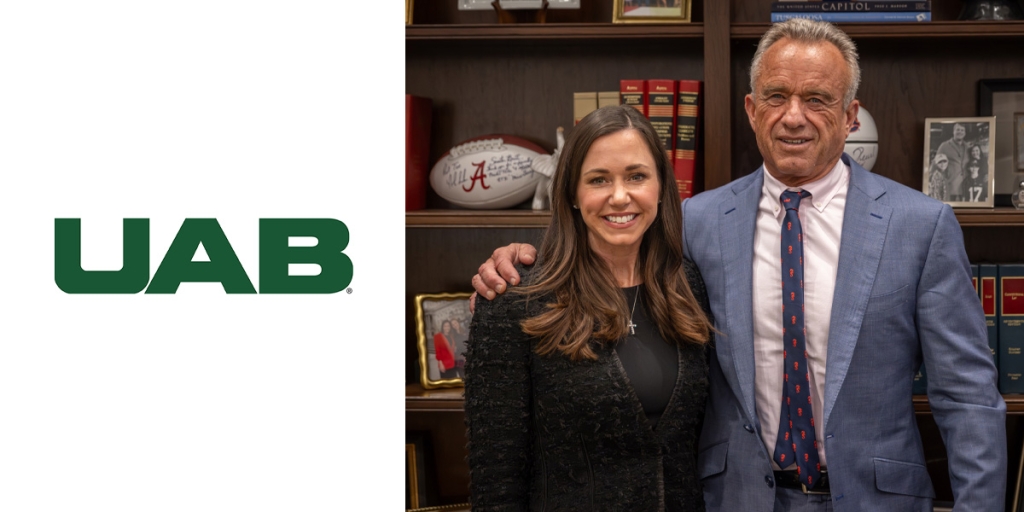The University of Alabama at Birmingham has raised more than $1.1 million for clinical and basic research focused on the novel coronavirus and COVID-19. UAB officials created the Urgent COVID-19 Clinical Research and Laboratory Research Fund at UAB Medicine in March of this year in response to the pandemic. Community partners, many of them Birmingham-based businesses and one Montgomery business, quickly responded.
“Our goal was to raise $1 million to establish pilot studies that could help our understanding of COVID-19 and find ways to treat the infection and reduce the spread of the virus,” said Tom Brannan, UAB vice president for Advancement. “Due to the generosity of business leaders in Birmingham and Montgomery, we quickly raised $1.1 million.”
The money was dedicated to clinical research and basic research projects proposed by UAB faculty in the School of Medicine. Etty (Tika) Benveniste, Ph.D., senior vice dean for Basic Sciences, in collaboration with Matt Might, Ph.D., director of the Hugh Kaul Precision Medicine Institute at UAB, issued a request for applications for basic science proposals in mid-March to faculty of the school. Fifty-two proposals were submitted.
“Because of the urgency of this pandemic, one of the criteria was how quickly the research team could launch their study, and how quickly they could begin to see results,” Benveniste said. “We wanted research studies that could be reviewed at the three- and six-month time frames to determine their potential. That is a very accelerated timeline for research.”
In late April, 14 basic science projects were selected for funding.
“These covered a variety of approaches to tackling the SARS-CoV-2 virus itself, or COVID-19, the disease the virus causes,” Benveniste said. “Some projects dealt with infrastructure, such as tracking systems or a bio-repository and clinical registry of COVID-19.”
While infrastructure studies will not directly cure or treat the disease, they are invaluable to researchers needing samples and clinical/epidemiological information to conduct exploratory studies, she says.
Other projects focused on creation of animal models of COVID-19, vaccine development, the potential of repurposing FDA-approved medications for use against COVID-19, discovery of novel therapeutic targets, understanding the cytokine release syndrome implicated in patients with severe disease, improvements in testing platforms and the creation of reagents for use in humoral immunity studies.
The Precision Medicine Institute’s use of analytics and artificial intelligence was an important tool in determining which applications had the most promise to deliver results quickly and effectively.
“Many of the projects that were not funded were very strong scientifically, but had long timelines toward results,” Benveniste said.
UAB also has multiple clinical studies underway. Clinical studies refer to studies that are conducted in patients or control groups. Many of these studies launched shortly after patients began arriving at the hospital.
“The clinical studies are a mix of therapeutic approaches to treating COVID-19 and formulating a better understanding on the effects of the virus on different subsets of our population,” said Jeanne Marrazzo, M.D., director of the Division of Infectious Diseases in the Department of Medicine. “These are vital new projects that might help us curb and control the pandemic and lead to new understanding about how to prevent infection in the future.”
Clinical projects underway or planned include studies of a number of possible therapies for patients with moderate to severe disease, including remdesivir, developed through the UAB-housed Antiviral Drug Discovery and Development Center.
Other therapeutic studies are examining the use of nitric oxide, selinexor, toculizimab, hydroxychloroquine/azithromycin, and canakinumab on cytokine release syndrome.
Additional projects will look at the effects of COVID-19 on organ transplantation, its effects on pregnancy outcomes, the use of blood plasma on critically ill patients and the effects of COVID-associated mold disease. One study will examine clinical and epidemiological features of the disease in patients across the United States.
“We are also very involved with the National Institutes of Health Vaccine Treatment and Evaluation Units that are participating in worldwide studies on both vaccines and treatment for SARS-CoV-2,” Marrazzo said. “It is to the credit of UAB investigators in both the clinical and basic sciences to have been able to ramp up important research studies so quickly in the face of this pandemic, and a credit to the Alabama business community who responded so quickly and generously with the funding necessary to undertake this work.”
UAB leadership plans to issue a second request for applications in the near future that will be open to investigators in all the schools at UAB.
(Courtesy of UAB)




